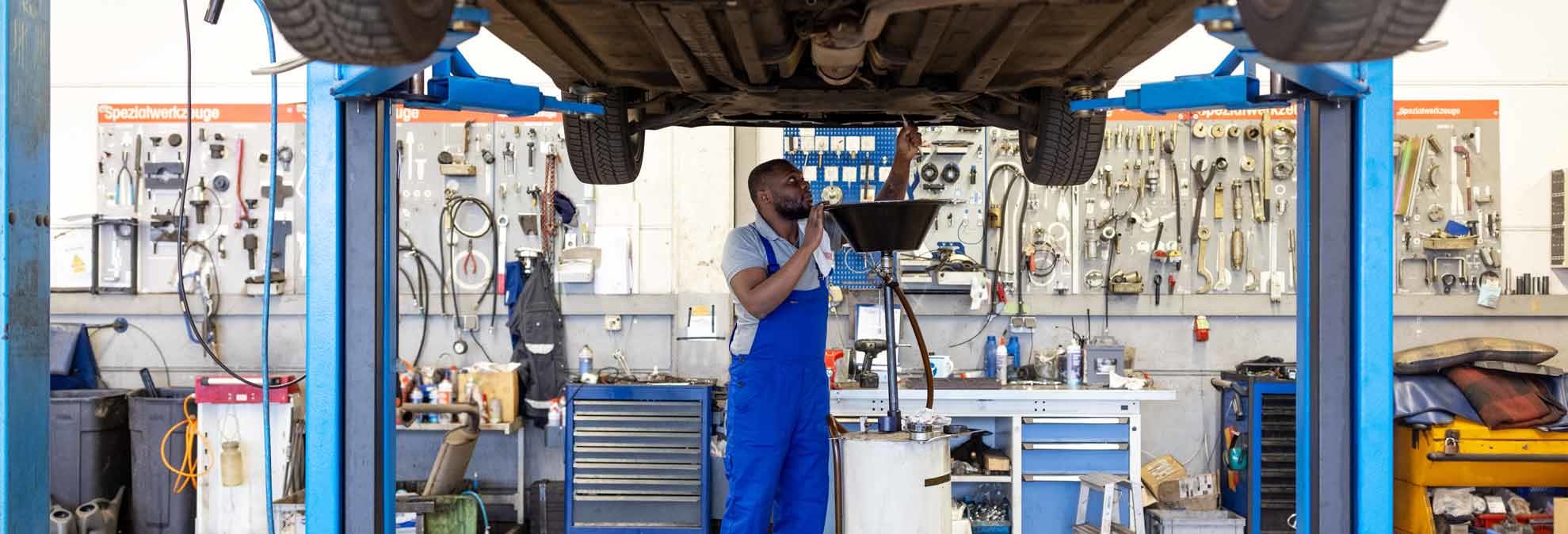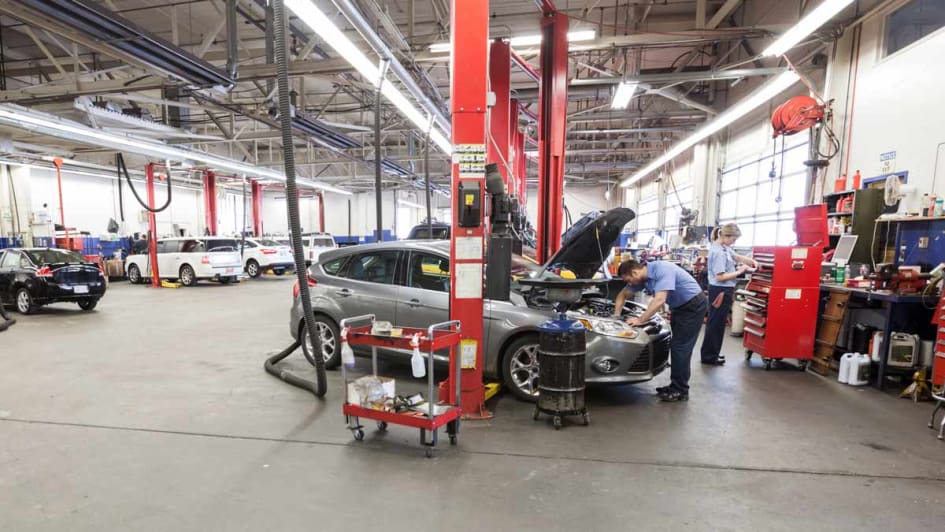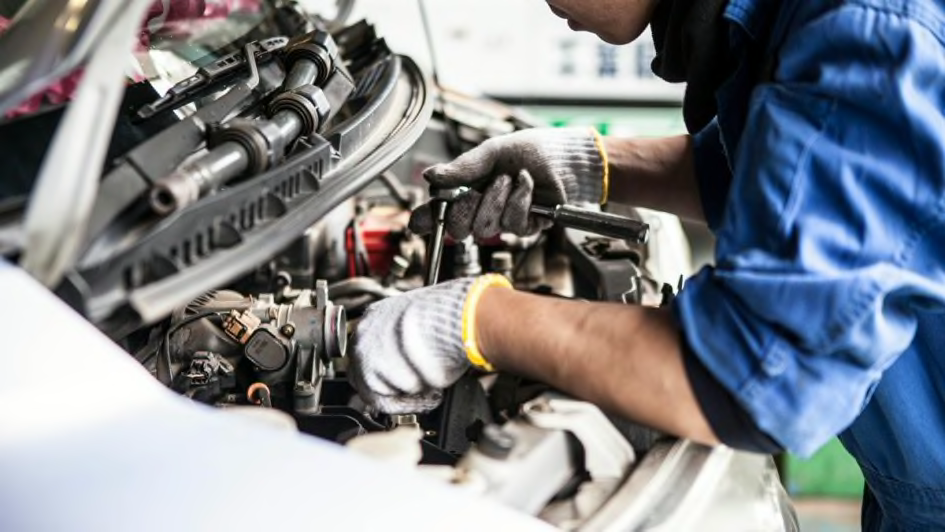There’s no single clue to what makes a good repair shop, but the following advice should help guide you to a reliable shop you can count on for the long term.
Find a Shop for Your Brand of Car
Many garages specialize in certain brands and are more likely to have the latest training and equipment to fix your vehicle, as well as the experience to troubleshoot problems quickly.
Ask Your Family and Friends
Seek recommendations from people you trust who have a vehicle similar to yours and live nearby.
Search the Internet
Look for information about local mechanics on RepairPal (a CR partner), Angi (a site formerly known as Angie’s List that requires a membership to use), Google, or Yelp. A shop with a few five-star reviews on Google may or may not be good, but a facility with hundreds or thousands of stellar reviews is more likely to be a safe bet.
Check the Better Business Bureau
Go to bbb.org to see if the shop you’re considering has numerous unresolved complaints against it. You can quickly search by selecting "Auto Services" in your area. The results can be filtered by BBB Accredited only. Like online reviews, the information from the BBB might help you figure out which shops you should avoid.
Check for Certification
Your mechanic and shop should be certified by the National Institute for Automotive Service Excellence, aka ASE. For bigger repairs, ask for an ASE-certified master technician, who will have a range of certifications.
Give the Shop a Tryout
Before your car needs a big repair, you might want to try out some local shops for smaller repairs or maintenance items such as oil and filter changes. Routine maintenance is a good way to establish rapport with a shop and its mechanics.
Ask About Warranties
Warranties on work performed can vary greatly among shops, so ask about them ahead of time. Use a common repair, such as brake work, as your guide.
Make Sure the Shop Is Convenient
Even the best shop might not be worth the effort if its hours conflict with your schedule, or you have few transportation options after you drop off the car. See whether the shop can accommodate after-hours drop-off and pickup.
Use a AAA-Approved Shop
Members of AAA can choose from a list of approved repair facilities, which are required to have certified technicians. Furthermore, AAA may offer a $75 discount on labor, and guarantees repair work for two years or 24,000 miles.




















